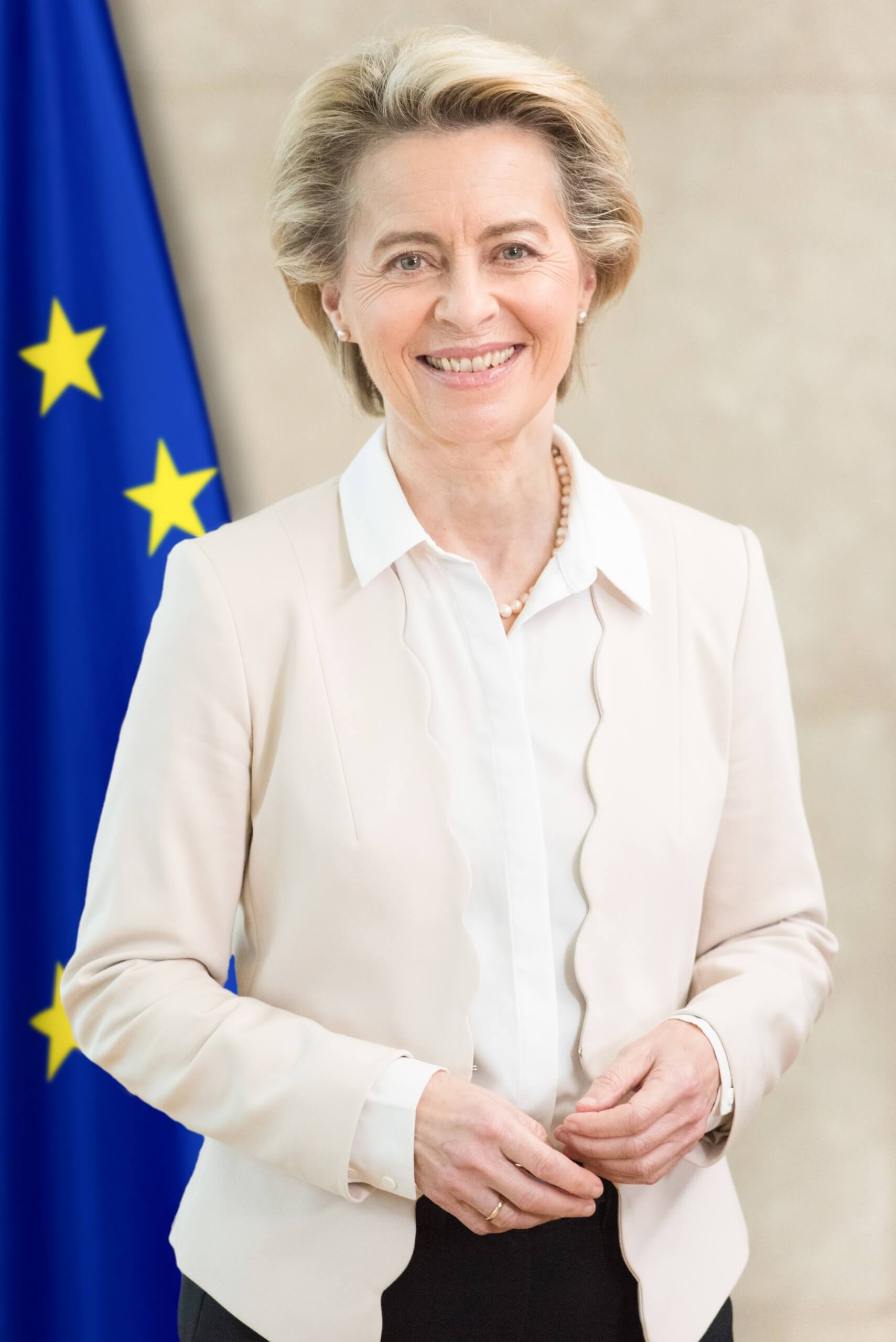5 biggest challenges for Ursula von der Leyen’s next term as President of the EU Commission
As Ursula von der Leyen steps into her second term as President of the European Commission, she is poised to navigate a complex web of challenges that will define the future of the European Union.

Von der Leyen remains critically focused on the EU’s post-pandemic economic recovery, through initiatives such as the NextGenerationEU recovery fund and the transformation of Europe into the first climate-neutral continent by 2050 envisaged by the Green Deal.
For that, Von der Leyen will need to navigate resistance from industries reliant on fossil fuels, and member states wary of the economic implications of the green transition. The same goes for other challenging files, such as digitalization, geopolitical stability, strategic autonomy, and migration and asylum policies.
CEC European Managers reminds the EU Commission that Social Dialogue, the EU Pillar of Social Rights and the 7 key priorities from the Use Your Leadership campaign are also crucial.
In general terms, these are the 5 challenges Von der Leyen will have to face:
1. Capital Markets Union
One of von der Leyen’s ambitious goals is to create a Capital Markets Union (CMU), rebranded as “The European Savings and Investment Union.”
The integration of EU capital markets has the potential to unlock up to €470 billion in private investment annually, providing much-needed private sector funding for crucial sectors such as defense, technology, and the green transition. Analysts at the Financial Times highlight this integration’s transformative potential.
However, the majority of EU states remain opposed to the CMU. In March 2024, an independent analysis by the EU Parliament described the project as a disappointment in its first decade.
Nicolas Véron of the Bruegel & Peterson Institute for International Economics noted that the CMU project suffered from a lack of prioritization of its aims to further develop and integrate capital markets.
Von der Leyen will need to build consensus and demonstrate the tangible benefits of a unified capital market to overcome these obstacles.
2. European Defense Union
Creating a European Defence Union is another critical task on von der Leyen’s agenda.
Establishing a Defense EU Commissioner and creating a “single market for defense,” along with common projects like the “European Air Shield,” seem to have broad support among member states.
This initiative aims to enhance Europe’s strategic autonomy and collective security, a crucial step in the face of increasing geopolitical tensions, particularly with Russia.
While there is consensus on the necessity of a unified defense strategy, von der Leyen must ensure effective coordination and investment across member states, addressing concerns about sovereignty and the allocation of defense resources.
3. Easing Competition Rules
Von der Leyen has called for a new approach to competition policy, emphasizing innovation and resilience.
She advocates for competition enforcement that supports the scaling up of companies in global markets while maintaining a level playing field. This includes reconsidering merger controls to allow larger European companies to emerge and compete internationally.
Balancing the need for robust competition with the desire to nurture European champions presents a complex challenge.
Von der Leyen must navigate differing views within the EU on the appropriate level of regulation and the risk of stifling innovation through over-regulation.
4. Linking the European Budget to the Rule of Law
Von der Leyen prioritizes ensuring that the European budget is conditional on adherence to the rule of law and structural reforms. This involves enforcing respect for democratic norms and fundamental rights as prerequisites for receiving EU funds. “Respecting the rule of law is a must for EU funds,” von der Leyen has asserted.
Implementing this policy requires a delicate balance. While it is crucial to uphold democratic values, von der Leyen must avoid alienating member states and risking further divisions within the EU.
She must develop mechanisms for monitoring and enforcing compliance without exacerbating tensions.
Respecting the rule of law is a must for EU funds
Ursula von der Leyen
President of the European Commission
5. Housing and Mental Health
Addressing housing and mental health issues, particularly among the youth, is a significant social challenge. Housing policy is primarily within the remit of national and regional governments, but von der Leyen aims to leverage the European Commission’s influence to drive change.
She plans to address the mental health crisis exacerbated by excessive social media use, focusing on the addictive design of some platforms and the prevention of cyberbullying.
Von der Leyen’s ability to effect change in these areas will depend on her capacity to coordinate with member states and leverage EU-level initiatives to support national efforts. The challenge lies in demonstrating the EU’s role in addressing these deeply personal and localized issues.
European Social Dialogue in early 2025 and a EU Anti-Poverty Strategy.
Finally, Von der Leyen wants minimum wages to be set according to national traditions through collective agreements or legal provisions, and will promote a new deal for Social Dialogue in 2025 between employers and unions “to get access to the essential protections and services they need, along with addressing the root causes of poverty through a first-ever EU Anti-Poverty Strategy.”

Ursula von der Leyen
As she steps into this pivotal role, von der Leyen’s strategic vision and diplomatic acumen will be tested, as the European Union‘s hopes and expectations rest on her shoulders.
You can download and share the Linkedin carousel with 5 challenges for the new EU Commission [+]




